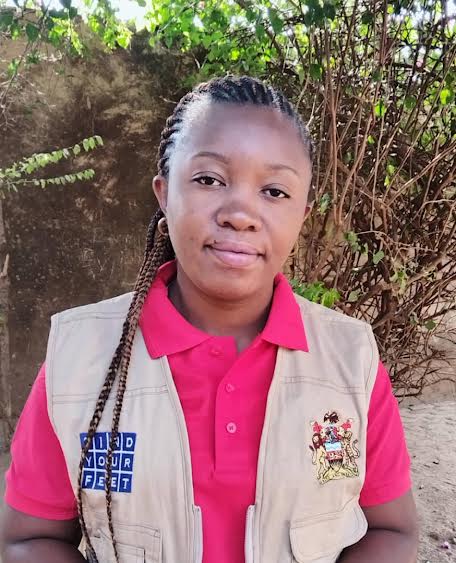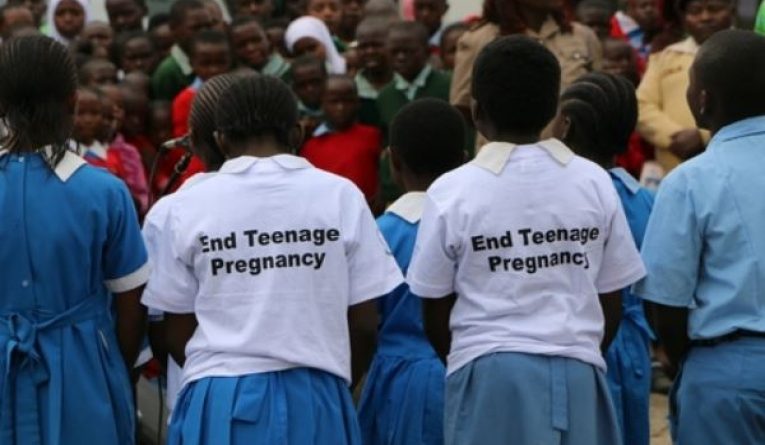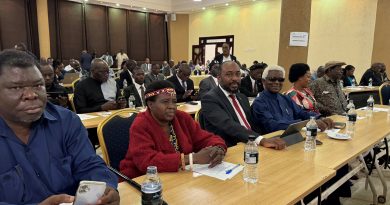Faith and community leaders mobilize to promote SRHR issues among youths
By Esther Misheck Nyanja
Malawi faces one of the highest rates of adolescent pregnancies in sub-Saharan Africa, with Machinga recording an alarming 41.1%. In response, a transformative project by Find Your Feet, funded by the Royal Norwegian Embassy, is empowering faith and community leaders to take an active role in reducing teenage pregnancies in Traditional Authorities Kawinga and Nkula in Machinga.
Mwaiwawo Nthala, Project Coordinator for Find Your Feet in Balaka and Machinga districts, underscores the importance of involving these leaders.
“Local and religious leaders are community gatekeepers; they have tremendous influence over social behaviour.” Nthala explains.
She says the focus is on changing their attitudes towards Sexual and Reproductive Health and Rights (SRHR) issues, providing them with accurate information to challenge cultural norms and myths that perpetuate teenage pregnancies.
Nthala adds that the initiative comes at a critical time when Malawi’s adolescent pregnancy rate stands at 29%, with key factors such as early sexual inauguration, child marriages, and limited access to reproductive health services, driving the crisis.
She states that in rural districts like Machinga, cultural and religious barriers further compound the problem by restricting access to vital SRHR education and services.
Nthala believes that by equipping faith and community leaders with the right knowledge, they can become powerful advocates for change, saying these leaders will be trained to deliver comprehensive, age-appropriate sexual health education that addresses peer pressure and harmful social norms.

Nthala: Leadership is key in SRHR issues
She explains that the project also seeks to improve access to youth-friendly healthcare services, ensuring that adolescents receive confidential and non-judgmental care to feel safe and supported when they seek healthcare.
Additionally, she says the project aims to challenge deeply ingrained cultural and social norms that normalize early sexual activity and teenage pregnancies by encouraging faith and community leaders to speak out against these practices.
This initiative is a crucial step toward tackling teenage pregnancies in Machinga and Balaka districts, with the potential to significantly reduce adolescent pregnancy rates and transform social attitudes toward SRHR across the region.
Enock Chikhuntha, coordinator of the ‘Breaking the Barriers Project’, which promotes SRHR among youth and women in Malawi, emphasizes the importance of information dissemination, especially in rural areas.
“Many young people in rural areas lack access to SRHR information compared to urban settings, where there are more places where young people can get this information. Rural youths often miss out,” he says.
Chikhuntha stresses that the lack of information leads to poor decision-making, which can have long-term and devastating effects, and this automatically impact their lives including the future of the nation.
He advocates for a multisectoral approach that includes parents, teachers, traditional leaders, and healthcare workers to ensure young people receive accurate and reliable SRHR information.
“Parents need to talk to their children about SRHR issues. Even if it’s uncomfortable, they are the most reliable source of information, especially in rural areas where misinformation is rampant,” Chikhuntha adds.
In Blantyre, Mrs. Chipiliro Kaliati Banda, a concerned parent, agrees that parents must counsel their children. She says leaving children to seek information elsewhere from unreliable sources, may force them to fall into early pregnancies or contract sexually transmitted infections.
“While contraceptives are part of the solution, I stress the importance of guiding youths to make responsible decisions. We need to teach our children about issues of abstinence and perseverance, for them to make thoughtful and informed choices about their bodies and futures,” she says.
Mrs Banda says the collective efforts of these projects, rooted in community engagement, signal a pivotal moment in the fight against adolescent pregnancies in Malawi.
She says by equipping local leaders, parents, and communities with the tools to challenge harmful norms and advocate for SRHR, they are laying the foundation for a healthier and more empowered generation of young people.



